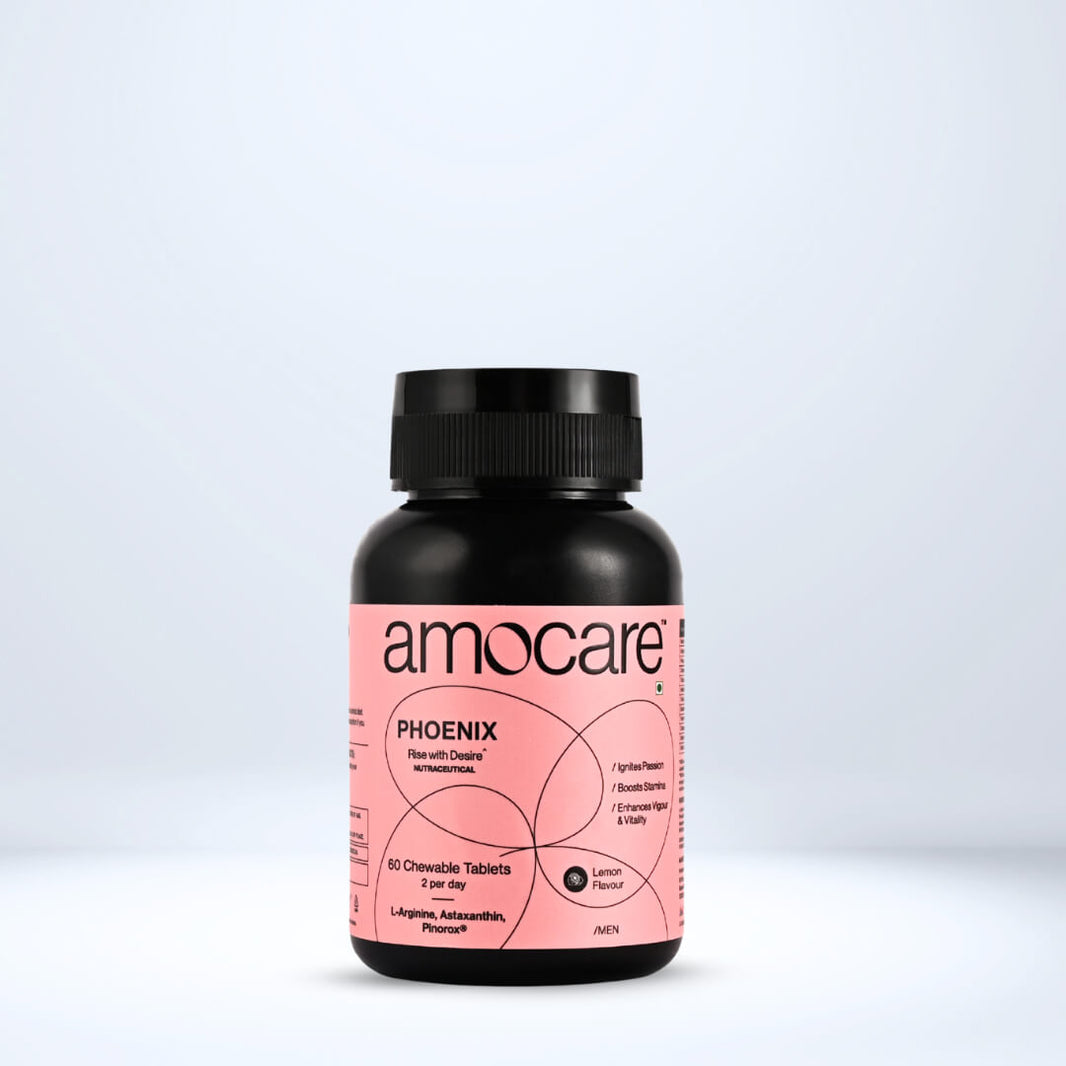Male hypogonadism is another name for low testosterone. Other factors support intimate drive and performance besides testosterone. However, insufficient testosterone might increase your risk of developing sexual issues such as erectile dysfunction and a lack of desire for close intimacy.
Men frequently worry about erectile dysfunction (ED), which has an impact on their quality of life and personal relationships. Erection dysfunction is a prevalent intimate problem among males. Is it highly prevalent in India? Indeed, each year in India, about 10 million men receive a diagnosis for it.
We'll discuss the connection between low testosterone and ED in this blog post, as well as the testosterone booster supplement that can raise it.
Meaning of Erectile Dysfunction (ED)
The inability to achieve or maintain a solid state in the male organ long enough to engage in intimate activities is known as erectile dysfunction (ED). There are numerous potential causes, including disorders of the blood vessels, neurological disorders, mental health issues, and traumas, that can be boosted with Amocare’s testosterone booster gummies.
While occasional problems are common in men, ED that progresses or occurs frequently during intimate moments is abnormal and has to be treated. If blockages are developing in a man's vascular system, ED may be a severe warning symptom of cardiovascular disease.
It is, in essence, the ongoing incapacity to attain or sustain intimate time necessary for sufficient performance.
Understanding Testosterone
The primary hormone produced by your gonads, or testicles or ovaries, is testosterone. Those allocated male at birth have naturally higher testosterone levels than those assigned females at birth. Specific symptoms may arise from either high or low testosterone levels. One hormone that is vital to the body is testosterone.
It is believed to control red blood cell formation, muscle mass and strength, fat distribution, libido, and bone mass in men. A tiny quantity of testosterone in the blood is transformed into the estrogen form estradiol. Low testosterone can impact mood, energy levels, and fat and muscle changes.
It instructs the body to start producing new red blood cells, keeps your muscles and bones strong, and improves your overall feeling of well-being. The testosterone booster gummies can be very helpful in rectifying it.
Link Between Low Testosterone and Erectile Dysfunction
Although it is not the only component in developing and preserving firmness, testosterone is important for general intimate health. This is how low testosterone can cause ED or make it worse:
- Diminished Intimate Drive: A drop in libido may be caused by low testosterone levels. It can be harder to reach a firm state when there is less intimate desire.
- Effect on Nitric Oxide: Nitric oxide facilitates the relaxation and expansion of blood vessels in the male organ, which is essential for the initiation and maintenance of firmness. Nitric oxide synthesis is regulated in part by testosterone. Nitric oxide levels can be lowered by low testosterone, which makes it more difficult to reach a solid state.
- Energy and Mood: Low testosterone can cause irritation, despair, and exhaustion, which can have an indirect impact on intimate performance. Intimate function depends critically on mental health, and mental illness can cause or exacerbate ED.
- Blood Flow and Muscle Mass: Testosterone encourages normal blood flow and helps preserve muscle mass. The ability to attain and maintain firmness might be adversely affected by reduced muscle mass and poor blood circulation.
-
General Health: Metabolic syndrome, diabetes, obesity, and low testosterone are risk factors for ED and are frequently linked to other medical disorders. It might be challenging to distinguish between ED, which is predominantly caused by low testosterone, and other health disorders because these conditions can exacerbate the issue.
Other Causes of ED
-
Cardiovascular Disease
Vasculogenic ED, the most prevalent kind of ED overall, is caused by blockages, constriction, or other physiological reasons that impair the arteries or veins that provide blood to and from the penis, respectively. -
Diabetes
Men with diabetes frequently experience erection issues, generally known as erectile dysfunction, or ED, particularly people who have type 2 diabetes. Long-term high blood sugar levels can harm blood vessels and neurons. -
Psychological Factors
When sadness, worry, stress, and body image interfere with your ability to achieve or sustain an erection, it's known as psychological erectile dysfunction. -
Lifestyle Factors
ED is linked to smoking, excessive alcohol use, physical inactivity, abdominal obesity, metabolic syndrome, diabetes, hypertension, and lowered antioxidant defenses, all of which diminish no availability.











